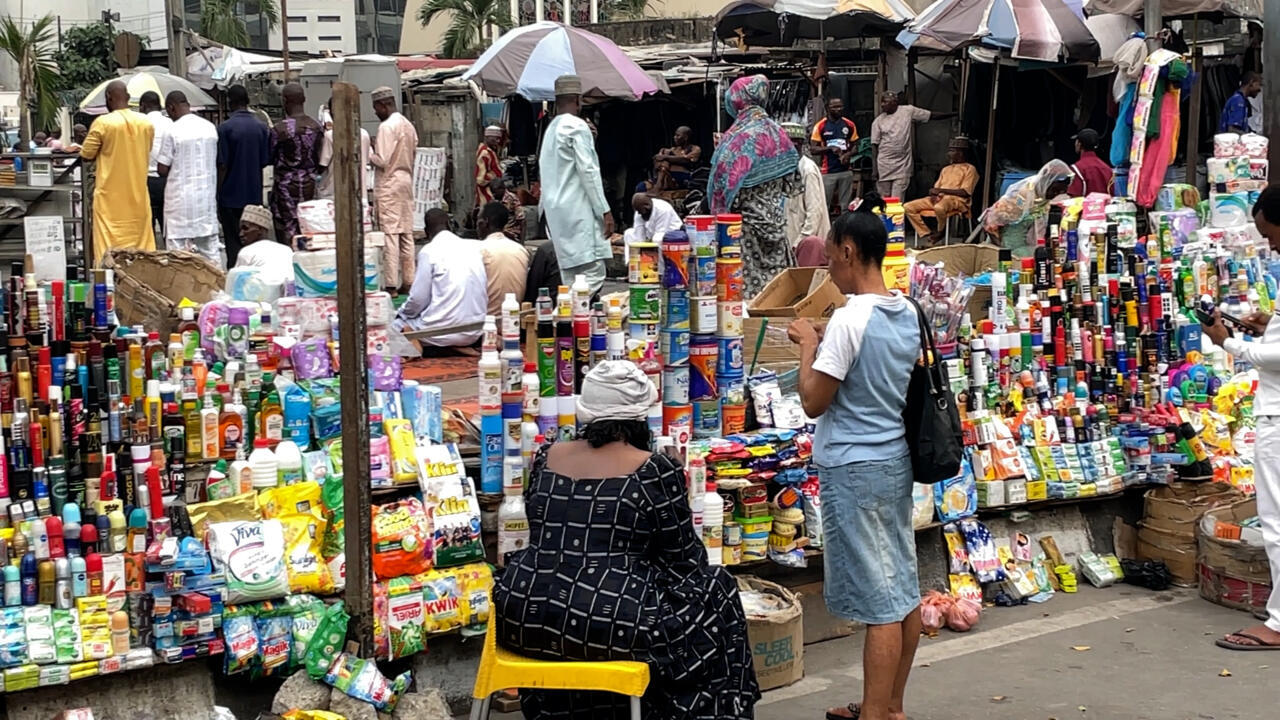
Nigeria’s inflation slowed for the sixth consecutive month in September, offering a rare moment of relief amid persistent cost-of-living strains.
Official data released on Wednesday by the National Bureau of Statistics showed that the consumer price index fell to 18.02% year-on-year, down from 20.12% in August.
This steady decline follows a significant policy shift earlier this year when authorities revised the inflation base year and adjusted the weighting of items in the consumer basket. Inflation, which once peaked near 35% in December, has since shown signs of stabilisation.
Food inflation, the most pressing concern for millions of Nigerians, eased to 16.87% from 21.87% the previous month. Officials attributed the decline to improved food supply and favourable seasonal harvests that helped ease market pressures.
The Central Bank of Nigeria responded to the easing trend last month by cutting its benchmark interest rate for the first time since 2020. The move reflects cautious optimism that inflation will continue to decline.
Governor Olayemi Cardoso reaffirmed the bank’s commitment to a data-driven strategy, emphasising its goal of achieving single-digit inflation through disciplined monetary policy.
While challenges remain, the latest figures mark a hopeful turn for Africa’s largest economy, long burdened by price instability and currency volatility.
For Nigerian households, the slowdown brings modest respite from rising food and energy costs that have strained incomes and deepened economic hardship.
Economists, however, warn that sustaining disinflation will depend on maintaining fiscal discipline, ensuring food security, and stabilising the naira in the months ahead.
If current trends persist, policymakers may find themselves navigating a rare window of stability — one that could help restore confidence in Nigeria’s economic recovery.
